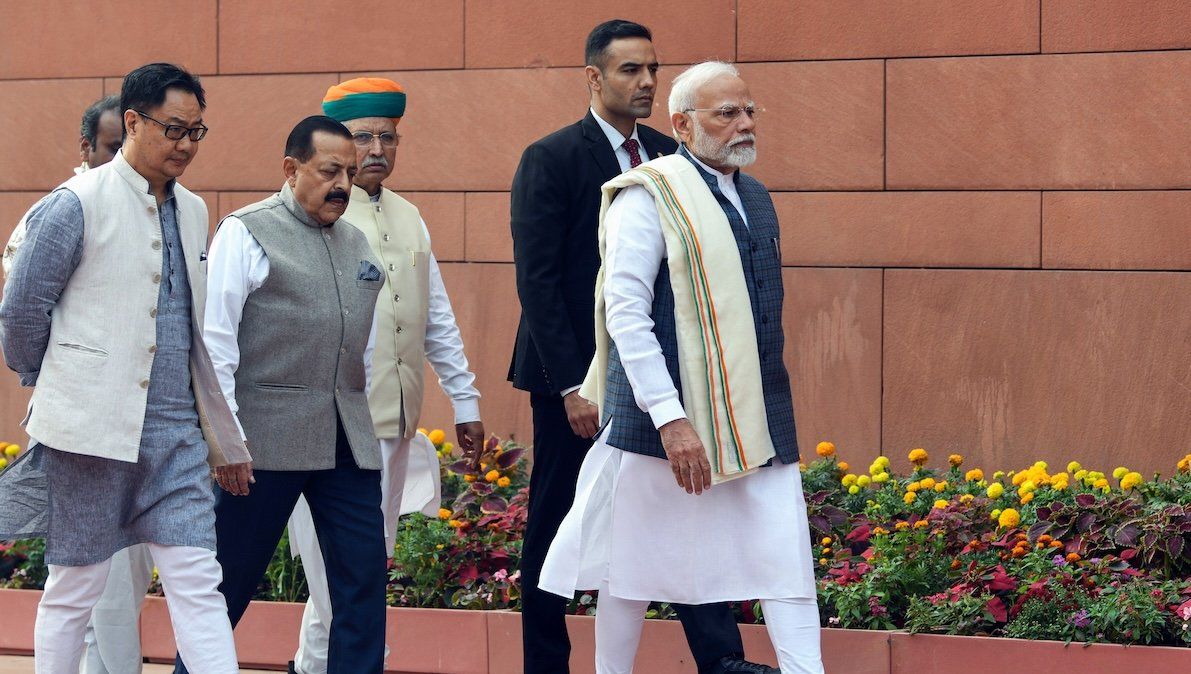Prime Minister Narendra Modi and his party scored a big political win over the weekend. After losing its parliamentary majority in national elections in June, the BJP posted a landslide victory in a state election inMaharashtra, India’s wealthiest state and home to Mumbai, the country’s financial capital. The BJP ran in this election as the head of an alliance that includes two smaller parties.
This victory in India’s second most populous state, combined with a victory last month in the northern state of Haryana, will reduce the reliance of Modi’s BJP on unpredictable allies to move legislation forward at the national level.
Modi also notched a political victory by holding peaceful elections in the violence-plagued territory of Jammu and Kashmir. Though his party didn’t win there, the elections themselves helped to legitimize Modi’s 2019 controversial decision to downgrade the troubled province’s status from state to “union territory,” a move that revoked its previous autonomy and allowed for it to be ruled directly from Delhi.
How did Modi’s BJP-led alliance win big in a year that has seen incumbent parties take political losses in South Africa, France, the UK, Japan, the US, and India itself? In part, the win was secured with cash payments and increased subsidies from the government, politically motivated decisions that will threaten the longer-term fiscal health of these states.
